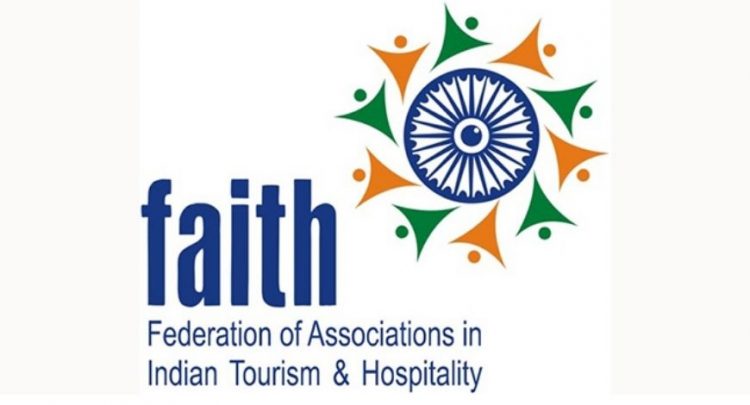- FAITH has put forward a few key proposals under the banner of Union Budget FY 21-22
- The primary motive is to bolster the country’s tally of inbound tourism and to double India’s share of domestic tourism
- One of the steps which have been recommended to boost tourism in the long run, is the setting up of a `Natural & Cultural Heritage Restoration Fund’
THoD Newsdesk, Mumbai: Federation of Associations in Indian Tourism & Hospitality (FAITH), an umbrella body which appears for the tourism and hospitality sector in India, put forward a few key proposals under the banner of Union Budget FY 21-22. The draft included the setting up of a national tourism council offering specific tax benefits and cuts in GST, setting up of funds for sustainable development of tourism and having a national transportation policy. The institution represents ten major travel and hospitality organisation of India.
The primary motive is to bolster the country’s tally of inbound tourism and to double India’s share of domestic tourism to almost 4 billion domestic tourist visits, in the next 5 years, FAITH’s proposal stated.
“National Tourism Council is required since tourism encompasses multiple ministries and takes place in and within states. National Tourism Council must be chaired by the PM and co-chaired by the Tourism Minister and composed of Chief Ministers of all states and cabinet ministers of Government of India and must be a legislative body on the lines of GST council,’’ the proposal sent by FAITH mentioned.
As per reports, the proposal also discussed the issue of “concurrent industry status’’. It further added, “Power and water utility rates and levies must be at industrial rates effectively. All existing licenses, permits, permissions will be thoroughly examined for redundancies and standardized at a national level. There must be a level playing field in terms of compliances and entry requirements among all sub-segments of conventional and alternate tourism organise the travel industry and protect it from fly by night operations.”
One of the steps which have been recommended to boost tourism in the long run, is the setting up of a `Natural & Cultural Heritage Restoration Fund’ with a corpus of at least Rs 2000 crores, according to the proposal. The said fund would be needed to encourage sustainable and responsible development around each vertical of natural and cultural heritage tourism.
Another fund proposed was for MICE tourism. “Global MICE Bidding Fund is required to be setup of Rs 500 crore to double MICE share to 2.5% of the global MICE size of $ 800 bn. In the global international congress associations rankings, this will also enable to meet the goal will be to take India’s rank to the top 10 in the world from 28 where we are currently,’’ it said.
Moreover, FAITH said that a national tourism transportation policy must be chalked out to make sure of an easy tourist transportation experience. It is required to standardise all inter-state road taxes and make them payable at a single point which will facilitate the ease of doing business, FAITH was quoted. In regards to the context, FAITH’s proposal even said that there should be an income tax exemption on travelling within India with income tax credits for up to Rs 1.5 lakhs when spending with GST registered domestic tour operators, travel agents, hoteliers and transporters anywhere within the country.
“It is also needed to incentive Indian corporates to undertake domestic MICE (meetings, incentives, conferences & events) by offering a 200% weighted income tax expense benefit to Indian companies which are undertaking MICE events in India,’’ said the proposal.
“The 18% GST category for hotels above room rates of ₹ 7500 must be abolished and merged with the category of 12% GST. Restaurants too have an 18% and also 5% slab but which is without setoffs. The 18% category needs to be abolished and there needs to be an option made available of GST at 12% with full set-offs. Additionally, the needs to be no linkage to room tariffs above ₹ 7500 as it currently exists,’’ it said adding that taxes on fuel, inter-state transportation taxes, power cess, liquor excise and also property
taxes, cess on parking charges, are all forms of very high-cost input indirect costs on tourism, travel & hospitality. “These need to be made available as input costs setoffs for GST to truly make us one country, one tax,’’ it added.





























